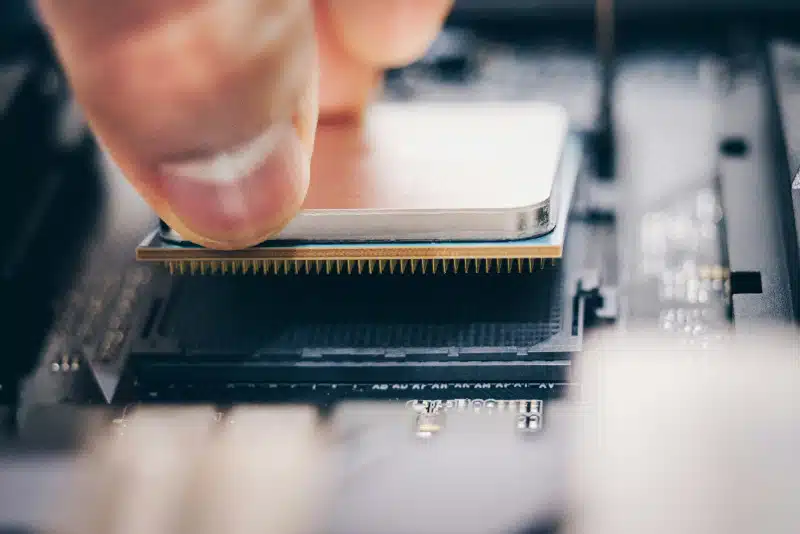Navigating the world of computers often means deciphering between truth and fiction, especially when it comes to unraveling the mysteries surrounding common computer repair myths.
In the ever-evolving landscape of technology, misconceptions about computer repair tend to increase, causing unnecessary worry and confusion. Whether it’s the fear of losing data or the belief that a slow computer is irreparable, debunking these myths is crucial for users seeking efficient solutions. Here, we unravel prevalent computer repair myths, shedding light on the reality behind these misconceptions.
Computer Repair Myth 1: “A Slow Computer Means It’s Done For”
To begin with, many users panic when their system starts slowing down, assuming it’s reached the end of its life cycle. However, this isn’t necessarily the case. A sluggish computer is often burdened with unnecessary files and applications, leading to performance issues. Speed can be significantly improved by regular maintenance like disk cleanups and optimizing startup programs. Professional technicians can also diagnose deeper issues, such as hardware problems or malware, reviving seemingly defunct systems.
Computer Repair Myth 2: “Data Loss is Inevitable During Repairs”
Furthermore, one of the most pervasive fears among computer users is the potential loss of valuable data during repairs. However, reputable technicians prioritize data preservation. Before initiating any repair process, backups are made to safeguard essential files. Moreover, with the advancement of technology, most repair procedures can be conducted without compromising user data. Technicians employ secure methods and tools to ensure data remains intact throughout the repair process.
Computer Repair Myth 3: “DIY Fixes Are Always the Best Solution”
Additionally, with the abundance of online tutorials and DIY repair guides, many believe they can tackle any computer issue independently. While some minor problems might have DIY solutions, attempting complex repairs without adequate knowledge and experience can worsen the situation. DIY attempts can lead to accidental damage or incorrect diagnoses, complicating the original issue. Seeking professional help ensures accurate problem identification and practical solutions, ultimately saving time and potential frustration.
Computer Repair Myth 4: “Regular Maintenance Isn’t Necessary”
Some users assume regular maintenance is unnecessary as long as their computer functions fine. However, neglecting maintenance can lead to cumulative issues that may surface unexpectedly, causing significant disruptions. Routine maintenance, including software updates, virus scans, and system checks, prevents potential problems from escalating. This proactive approach significantly enhances the longevity and efficiency of your computer.
Computer Repair Myth 5: “All Slowdowns are Due to Viruses”
Moreover, a prevalent misconception is attributing every performance issue to viruses or malware. While these threats can cause slowdowns, other factors, such as insufficient memory, outdated software, or failing hardware, can also be culprits. A comprehensive diagnosis by a professional technician is essential to identify the root cause accurately. This ensures the correct solution addresses the issue without unnecessary antivirus scans or reinstallation.
Conclusion:
In the dynamic realm of computer repair, debunking these common myths is crucial for users to make informed decisions. Understanding the reality behind these misconceptions empowers users to approach computer issues with clarity and confidence. Seeking professional assistance, performing regular maintenance, and staying informed is fundamental to ensuring a smooth and efficient computing experience.
Ready to debunk these myths and ensure your computer runs smoothly? Contact PCMechanic Computer Repair in Davenport, FL, for expert solutions tailored to your needs.
Photo by Fidel Fernando on Unsplash


